

Google has always had a mission to make information free and accessible to all – and their quest hasn’t always been easy. For over 10 years, a major part of that mission wasn’t even considered legal, but this October, book lovers of the world can rejoice: the Google Books Library Project has finally won the legal right to continue their work. Here’s what that means for you.
As much as we all love the Internet, books will always be a wonderful place to gain knowledge and find stories. We all want relevant books, stories, and information to be easy to find – and that’s just what The Google Books Library Project does. It’s creating an ‘enhanced card catalog of the world’s books.’
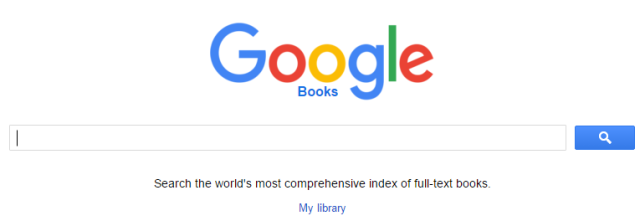
Google Books Library Project makes the complete text from all books searchable. When you search for a keyword or phrase in a book, the Search Engine Results Page (SERP) returns basic bibliographic information about the book and relevant snippets of context around the keywords.
If a book is out of copyright you can read and download the whole book. Sometimes publishers even give permission for their books (or portions of them) to be available on Google Books – including popular ones.
For example, if you wanted to get a taste of Suzanne Cullins’ The Hunger Games, you can read several pages from several chapters of the trilogy on The Hunger Games Trilogy Google Book Record.
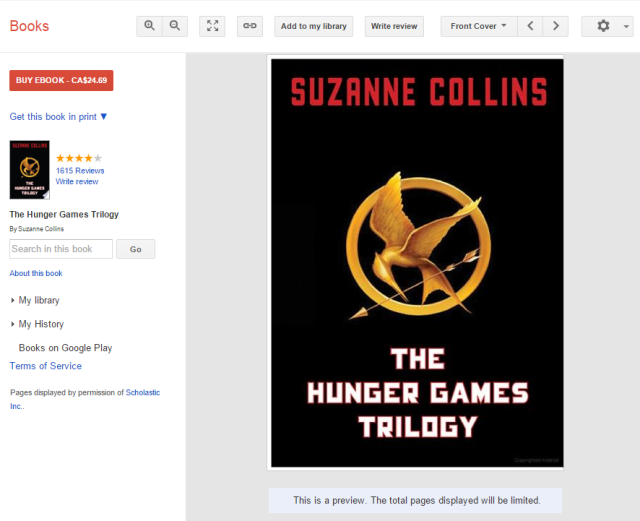
There are many ways you can use Google Books to support lifelong learning and research, too, so don’t just limit your searches to fiction! You can use Google Books to get a good sense of at least a few of our recommended Banned Books All Geeks Should Read, too, including the whole of Frankenstein.
For years, Google has been scanning books and translating the images into searchable text. They even use the reCAPTCHA program (one of the ways you prove you aren’t a robot) to enlist your help in identifying hard-to-make-out words.
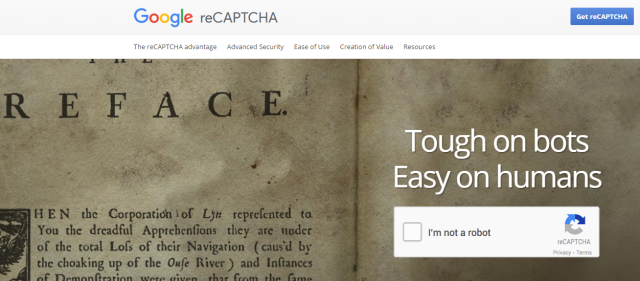
Some Google Book records present more detailed views than others, ranging from No Preview, to Snippet, to a Limited View, to Full View. Google will also direct you to ways you can borrow or purchase a copy of the book.
Ten years ago a professional organization of writers in the United States called the Authors Guild alleged that showing free snippets from books violates their members’ copyright. Authors have a right to protect their work so they can be paid, so naturally they ought to be concerned about how people may be able to access the content of their books without paying for it.
However, copyright law in the US provides for Fair Use (known as Fair Dealing in other countries). Under Fair Use (which is determined by four main factors), people can avail themselves of parts of copyright works to adapt or share, without permission from the copyright holder. The purpose of Fair Use is to make it possible for the public to be able to build on existing content freely.
Google argued that sharing snippets of books was a significant transformation of the original work, so the project is covered by Fair Use. Google also doesn’t profit off of the snippets unless the author wants to place ads on their books’ page.
"What Google created is less a universal library than a tinted window into one”—my take on GBooks ruling@TheAtlantic https://t.co/SgsecMKkun
— Dan Cohen (@dancohen) October 22, 2015
Since the Authors Guild filed its original complaint against Google, the case has bounced back and forth between courts. The Authors Guild almost sued Google once. They almost settled once. but they weren’t permitted to because it would give Google a monopoly on paid e-book access.
Google’s unauthorized digitizing of copyright-protected works, creation of a search functionality, and display of snippets from those works are non-infringing fair uses. The purpose of the copying is highly transformative, the public display of text is limited, and the revelations do not provide a significant market substitute for the protected aspects of the originals. —Judge Pierre Leval
Ultimately, Google has won that battle, and experts say it’s unlikely that the Supreme Court will hear any appeals. Here’s what it means for the rest of us.
This ruling is popular among fans of Google Books, but the implications reach farther than that. Non-profits, libraries, and software developers today have a much greater understanding of how Fair Use can protect them, and that’s great news. As Dan Cohen wrote in The Atlantic, this ruling could lead to all sorts of innovations:
Because many institutions want to avoid legal and financial risk, many possible uses that the courts would find fair — including a number of non-commercial, educational uses — are simply never attempted. A clearer fair-use principle, with stronger support from the courts, will make libraries and similar organizations more confident about pursuing forms of broader digital access.
That means the general public may be on the verge of a brighter future for access to content that can help us learn and build better societies.
Did you know you can even add your own books to the Google Books search results? Authors can submit titles and PDF copies of their work to Google for inclusion.
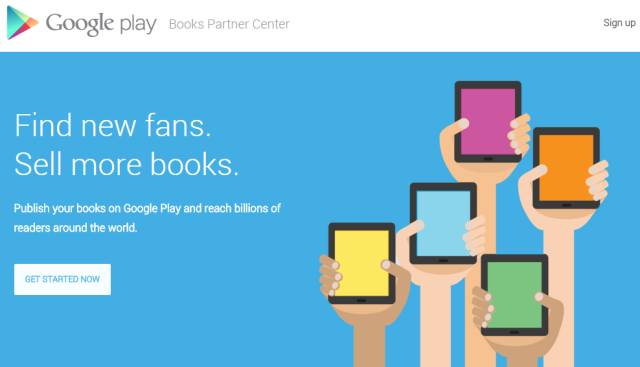
Google adds value for authors by providing tools to track how many people have seen their titles, and click rates on purchase links.
If you’re not an author, you probably met many through your local college or university, so pass it on to the writers you know. Maybe you’ll even get brownie points for sharing ways they can promote their work!
While I welcome this recent legal affirmation of the Google Book project, I want to know what you think. Might the Google Books Library Project hurt someone more than it helps? Are there better ways to search for books (other sites or your local library perhaps)?
And finally, would you like to see copyright law even more open than Fair Use currently allows?

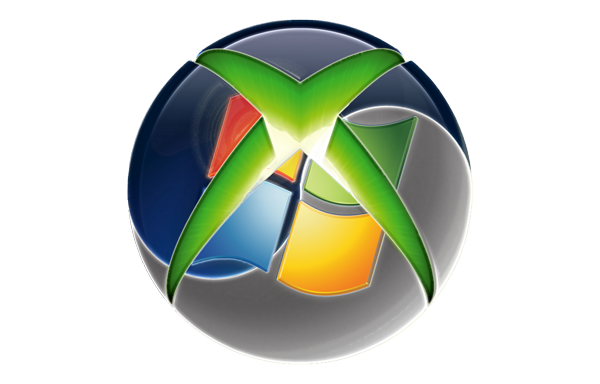

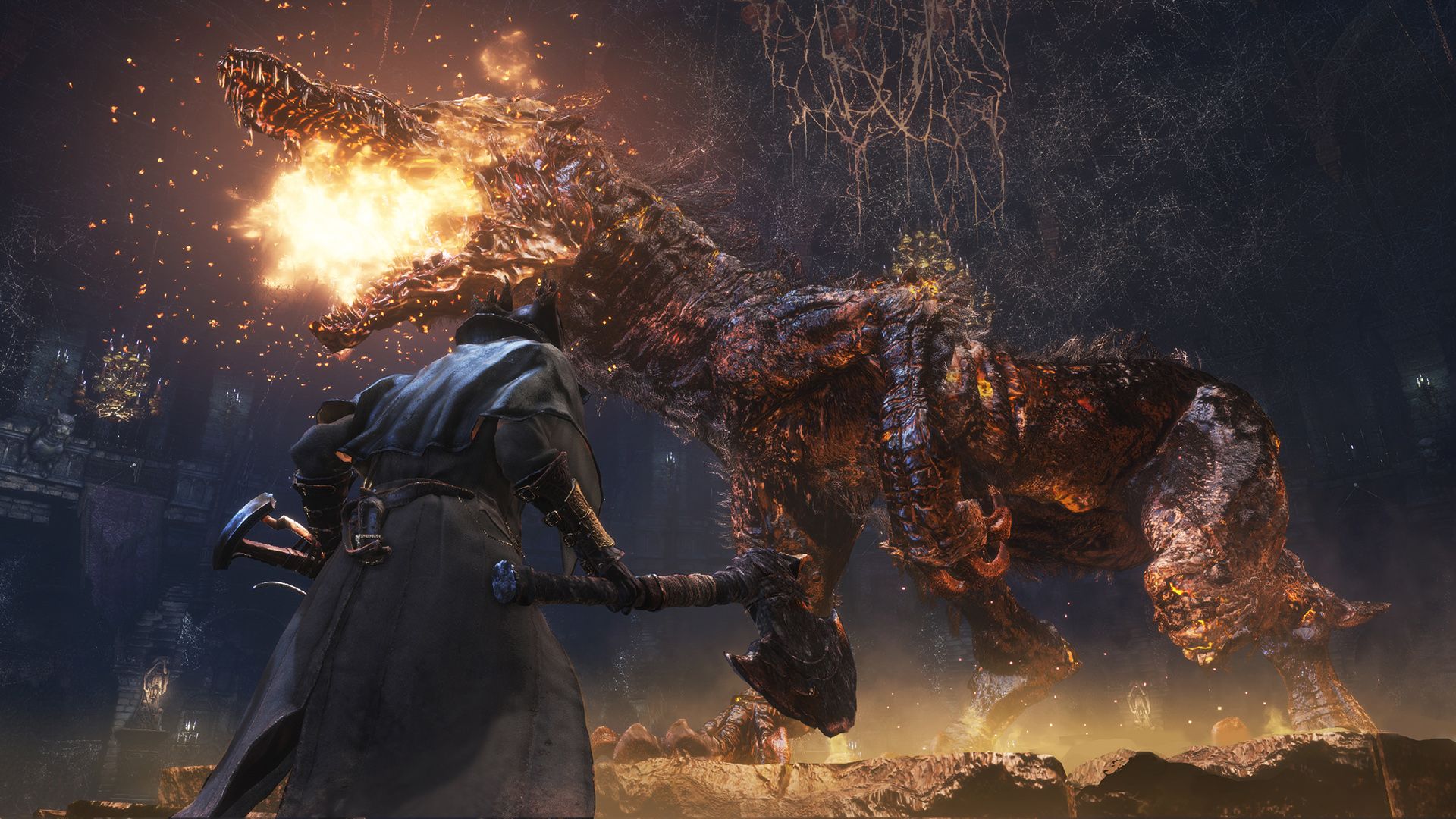
 Review: Razer Orochi Black Chrome Edition Gaming Mouse
Review: Razer Orochi Black Chrome Edition Gaming Mouse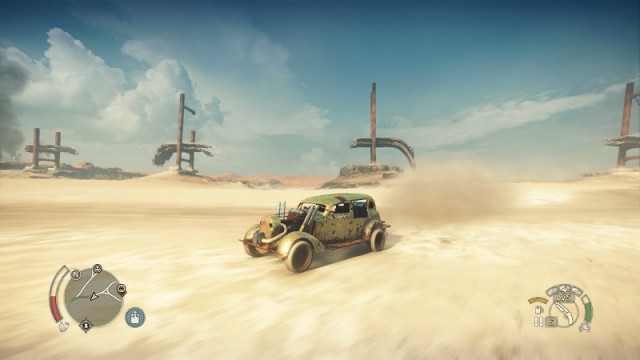 Mad Max: Where to Find Golden Tuska Rare Car Location Guide
Mad Max: Where to Find Golden Tuska Rare Car Location Guide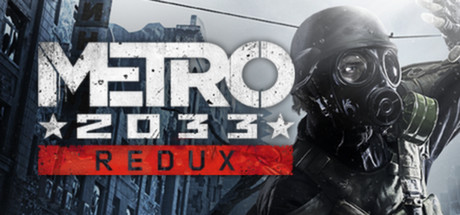 Metro 2033 Redux Complete Achievement and Trophy list
Metro 2033 Redux Complete Achievement and Trophy list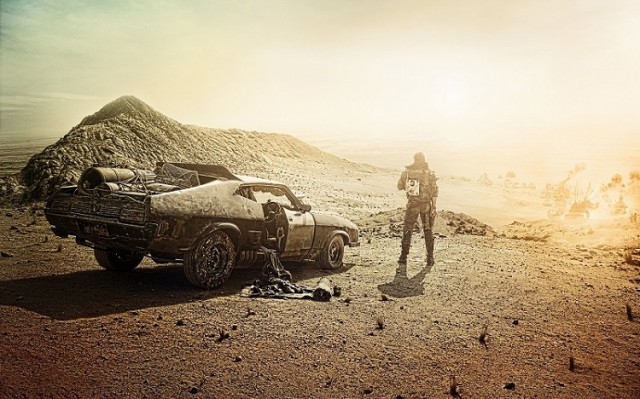 Mad Max: How to fix the FPS issue for Low-end PCs
Mad Max: How to fix the FPS issue for Low-end PCs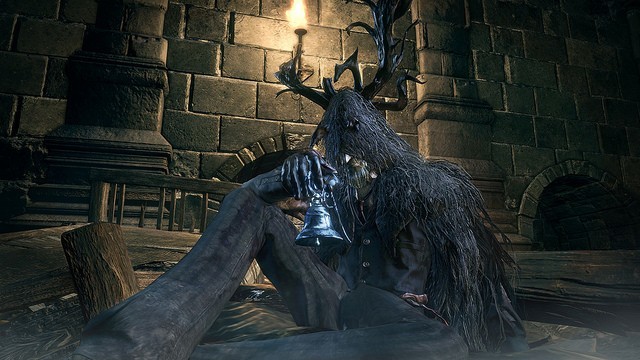 How to Get The Boom Hammer in Bloodborne: The Old Hunters Guide
How to Get The Boom Hammer in Bloodborne: The Old Hunters Guide